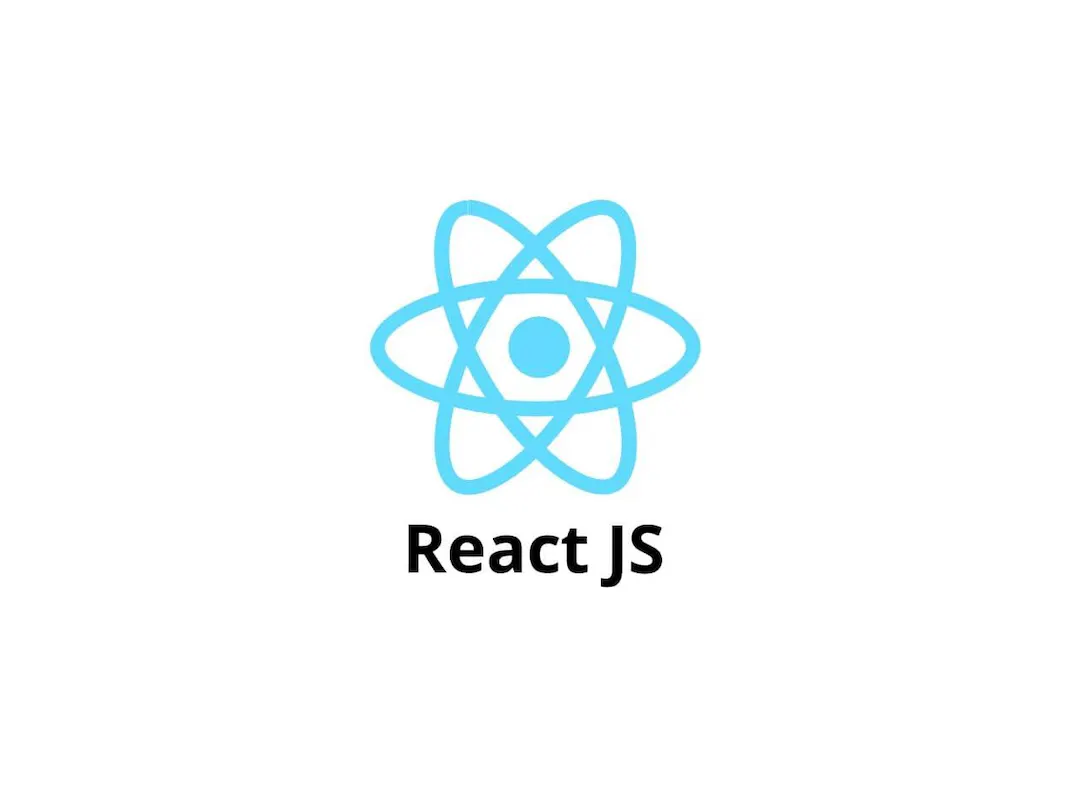
Why You Should Learn React.js in 2024
React.js is one of the most widely used and loved JavaScript libraries for building user interfaces. Whether you want to create web apps, native apps, or even VR apps, React.js can help you achieve your goals with ease and elegance. In this post, I will share some of the reasons why you should learn React.js in 2024 and beyond.
React.js is simple and declarative
One of the main advantages of React.js is its simplicity and declarativeness. React.js lets you create user interfaces from components, which are reusable pieces of code that describe how a part of the UI should look and behave. You can write components using JavaScript and JSX, a syntax extension that allows you to mix HTML and JavaScript in a natural way. For example, here is a simple component that renders a greeting message:
function Greeting(props) {
return <h1>Hello, {props.name}!</h1>;
}
You can use this component anywhere in your app by passing a name prop:
<Greeting name="Elon Musk" />
React.js will take care of rendering the component to the DOM and updating it when the props change. You don’t have to worry about manipulating the DOM directly or keeping track of the state of the UI. React.js makes it easy to create and maintain complex UIs with minimal code.
React.js is fast and efficient
Another benefit of React.js is its speed and efficiency. React.js uses a virtual DOM, which is a representation of the real DOM in memory. Whenever the state of the UI changes, React.js compares the new virtual DOM with the previous one and calculates the minimum changes needed to update the real DOM. This process, called reconciliation, ensures that the UI is always in sync with the data and avoids unnecessary re-rendering of the whole UI.
React.js also supports various optimization techniques, such as memoization, hooks, and concurrent mode, that can improve the performance and user experience of your app. For example, memoization is a technique that allows you to cache the result of a function call and reuse it if the inputs are the same. This can prevent unnecessary re-computation of expensive functions and improve the responsiveness of your app. Hooks are a feature that lets you use state and other React features without writing a class component. Hooks can simplify your code and make it easier to reuse logic across components. Concurrent mode is a new experimental feature that enables React.js to render the UI in a non-blocking way, prioritizing the most important updates and deferring the less urgent ones. This can improve the perceived performance and interactivity of your app, especially on slow devices or networks.
React.js is versatile and scalable
A third reason to learn React.js is its versatility and scalability. React.js can be used to create any kind of user interface, from simple websites to complex applications. React.js can also be used with other libraries and frameworks, such as Redux, React Router, Next.js, Gatsby, and many more, to add more functionality and features to your app. For example, Redux is a state management library that helps you manage the global state of your app in a predictable and consistent way. React Router is a routing library that lets you create dynamic and user-friendly URLs for your app. Next.js and Gatsby are frameworks that help you create fast and SEO-friendly web apps with server-side rendering, code splitting, and other optimizations. React.js can also be used with React Native, a framework that lets you create native apps for iOS and Android using the same React.js code.
React.js is also scalable and maintainable, thanks to its modular and component-based architecture. You can organize your app into small and independent components that can be reused and tested easily. You can also use tools like TypeScript, ESLint, Prettier, and Jest to enhance the quality and reliability of your code. React.js also has a large and active community that provides support, feedback, and resources for learning and development. You can find many tutorials, courses, books, blogs, podcasts, videos, and other materials that can help you learn and master React.js. You can also join online forums, chat rooms, meetups, and conferences where you can interact with other React.js developers and enthusiasts.
Conclusion
React.js is a powerful and popular JavaScript library for building user interfaces. It offers many benefits, such as simplicity, speed, versatility, and scalability, that can make your development experience enjoyable and productive. If you want to create modern and engaging user interfaces for web, native apps, React.js is a great choice to learn and use in 2024 and beyond.